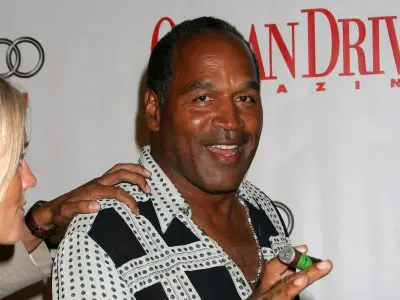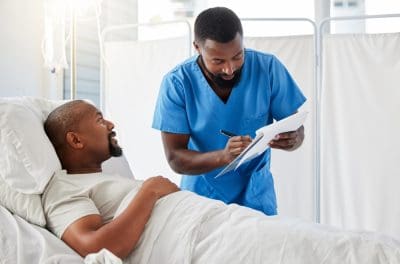
Victor LaGroon, community relations and public affairs program manager for the University of Illinois Cancer Center, works to eradicate cancer risk in the underserved communities of Chicago. He works with veterans as well as minority populations who have high cancer rates. Here, LaGroon tells rolling out how you can do immediately lower your cancer risk. –zondra hughes
What are some things that we can do to lower our risk for cancer?
If you were looking at the few things that you can do immediately, you would look at how you can change your diet, impacting your lifestyle by staying active, getting out, exercising, making sure that you’re getting exposure to vitamin D, getting sunshine, going to your doctor on a regular basis, getting your timely screenings and looking at what your family history is. That’s how you assess your risk and mitigate your cancer risk.

What is a timely screening? How often should people be screened?
It would depend on the cancer and the gender. For men and prostate cancer, around 40. For colorectal cancer in men and women, similar age. For breast cancer in women, we would would look at much younger. If there’s a family history, probably around 30. If there is a family history, that means your breast cancer rate is heightened, which means that you need to get screened earlier so that you can detect it earlier. You are a good candidate for having cancer if you have a [family] history of it.
Why is it so hard to encourage men to get that prostate cancer screening? Many men feel like, “If I don’t feel like anything is wrong, then, I’m okay,” and that’s not the case. Cancer can be there. It can be dormant. There could be other signs and symptoms, and some men just don’t like the procedure of getting that digital rectal exam. That brief moment of discomfort can supersede a short lifetime of cancer treatment and death.
What is one of the biggest misconceptions about cancer in the Black community that you’d like to clear up?
Many people think, “If someone in my family had it, I’m going to have it, and [there’s] nothing that I can do.” It’s never too late, and [there’s] always something that you can do. If you look at making the little changes in your life — getting active, getting outside, getting some exercise, seeing to your diet, eating more point-based foods (fresh vegetables and fruit) — you can impact your cancer risk, drastically. Of course, hydrate. Most people are underhydrated or dehydrated. So, we need to drink more water.
Victor LaGroon is just one of many University of Illinois professionals committed to “changing medicine for good.”









